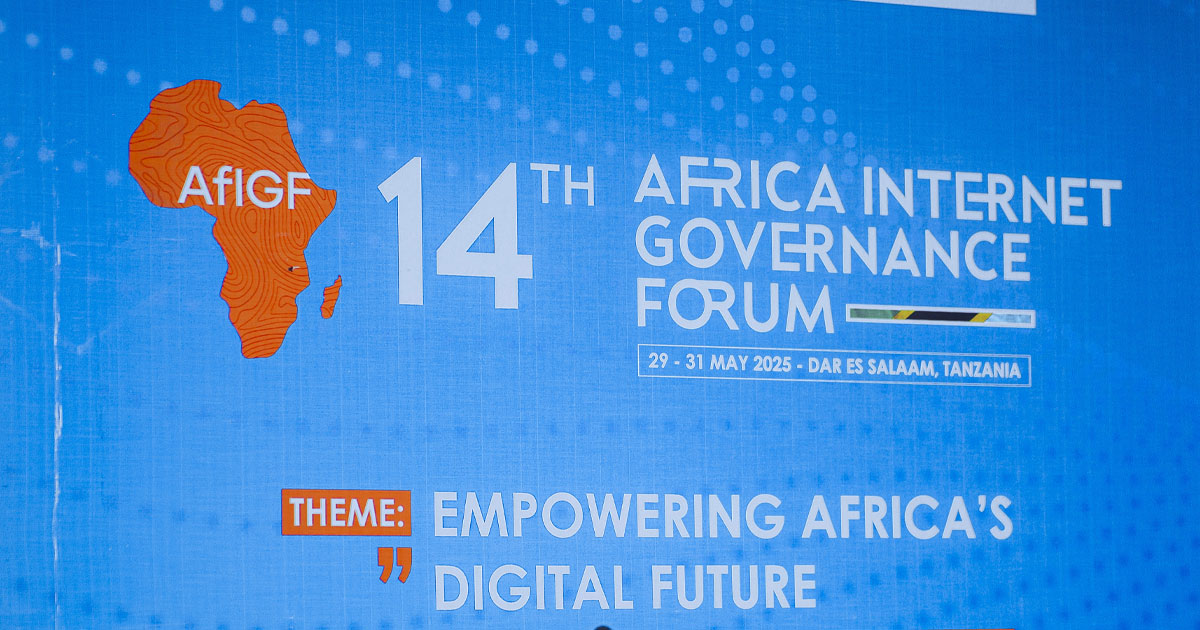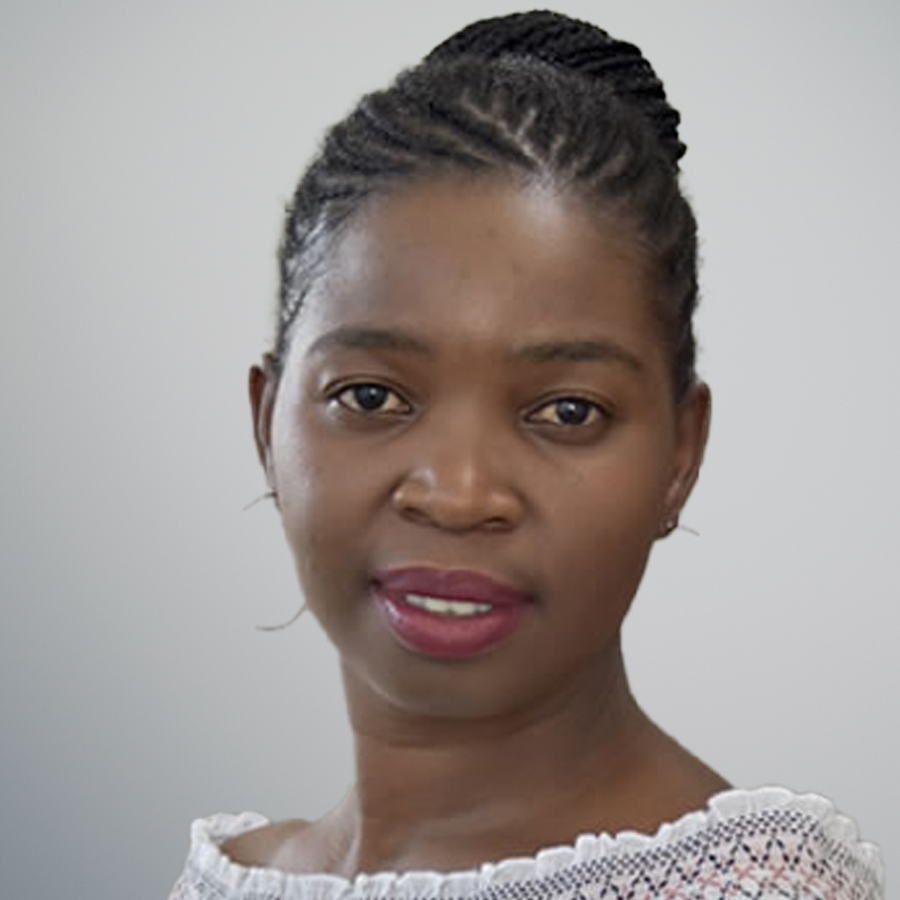The Centre for Human Rights, Faculty of Law, University of Pretoria, through its Expression, Information and Digital Rights (EIDR) Unit, participated in the 13th African School on Internet Governance (AfriSIG25) and the African Internet Governance Forum (Africa IGF 2025). Both events were hosted in Dar es Salaam, Tanzania.
AfriSIG25 took place from 23 to 28 May and was immediately followed by Africa IGF from 29 to 31 May 2025. These events brought together stakeholders from across Africa’s internet and digital policy ecosystems; activists, policymakers, researchers, technologists, and legal experts; with a shared aim of shaping an inclusive and rights-based digital future for the continent.
The Centre for Human Rights, EIDR Unit, was represented in both events, by Belinda Matore, a project officer. The purpose of the attendance was to engage in conversations on the status and future of digital governance in Africa, and contributing to ongoing work that prioritises children’s rights, online safety, and dignity in digital spaces.
AfriSIG is a space of learning grounded in real-world experiences of Africans engaged in daily struggles for justice, inclusion and dignity. This was reflected in the theme and approach of AfriSIG25, which highlighted viewing internet governance not as a detached or purely technical domain. Instead, explored it as inherently political and shaped by inequalities, history, and power.
Belinda’s experience at the AfriSIG25 is summed up in a blog post, titled “Reflecting on human rights within living struggles for dignity and justice”, in which she described the experience as one of both intellectual engagement and personal reflection. The School challenged delegates to think about internet governance through the lens of community, accountability, and power dynamics, especially in a world where marginalised communities, and vulnerable groups such as children and the digitally excluded remain most vulnerable. In this regard, internet governance is not just about policies, it is about the people they impact.
The sessions on data governance, multistakeholder approaches , the African Union’s digital strategy, and the WSIS+20 review fall within the scope of the EIDR Unit’s work. These themes are relevant and intersect with the Centre’s ongoing efforts to build frameworks that uphold human rights online, specifically, freedom of expression and digital safety, and access to information.
Africa IGF 2025 provided a regional platform to tackle these important conversations. The The Forum hosted representatives from governments, civil society, regulators, private sector and academia, and tackled urgent issues such as: cross-border content regulation, misinformation and digital sovereignty; cybersecurity, child online protection and trust frameworks; regulatory harmonisation across African jurisdictions; the African Union’s push for a coordinated digital transformation agenda; Africa’s role in global processes like the Global Digital Compact and WSIS+20.
Matore joined sessions that reaffirmed the urgent need for rights-based digital governance. Particularly relevant to her work were discussions on child data protection, online harms, and the digital divide. These are immediate challenges in the context of rising surveillance, content moderation failures, and cross-platform vulnerabilities affecting children in African states.
As a participant in these dialogues, she discussed the importance of integrating a child rights lens into data governance conversations, drawing on the Centre’s legal and advocacy work to support calls for robust safeguards, participatory policymaking, and equitable access.
Participating in both AfriSIG25 and Africa-IGF 2025 is a meaningful experience for the Centre for Human Rights. Our engagement in these continental spaces resonate with our values that are anchored on dignity, participation, inclusion, and justice in all spaces, including in the digital sphere.
The Centre is committed to advancing digital rights through research, legal support, policy engagement, and capacity building. Our presence at these events reaffirms our ongoing investment in shaping a digital Africa that is just, inclusive, and rooted in human rights, especially for children and young people whose futures are increasingly digital.
We are grateful to the organisers of AfriSIG25 and Africa IGF for their vision, and for providing space to reflect, connect, and act, towards building a human rights–centred digital Africa.
For more information, please contact:
Expression, Information and Digital Rights Unit
Tel: +27 (0) 12 420 4199
hlengiwe.dube@up.ac.za



